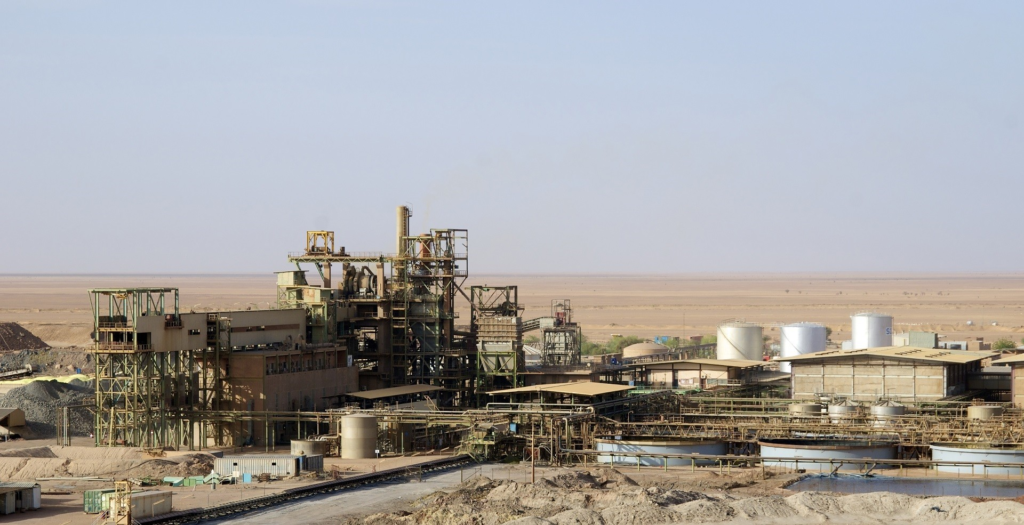Niger seizes Orano’s Somair uranium operation as juntas across Africa pressure Western miners


France-based uranium miner Orano has lost operational control of its Somair mine in Niger in the latest move against Western miners in West Africa’s volatile Sahel region.
In neighbouring Mali, Resolute Mining (ASX: RSG; LSE: RSG) is paying US$180 million after the government held its CEO for 12 days in November. Barrick Gold (TSX: ABX; NYSE: GOLD) employees have been detained at least twice as the junta pressures the Canadian miner over a US$500-million tax bill.
Orano suspended Somair’s production in October after months of interference by the military government.
“The decisions taken at the company's board meetings are no longer being applied,” Orano said in a release on Wednesday. “The production expenses which continue to be incurred on the site are worsening the company's financial situation with every passing day.”
Niger, the world’s seventh largest uranium producer by volume, supplying about 5% of global demand, has been under military rule since a coup d’etat in July of last year. The West African country’s government in June withdrew a mining permit for Orano’s Imourare project. A month later, the government revoked the mining licence for GoviEx Uranium‘s (TSXV: GXU; US-OTC: GVXXF) Madaouela project.
While Niger’s tightening control over uranium operations won’t necessarily affect global supply, it’s part of a wider trend of resource nationalism where military regimes in the Sahel region are “seeking to renegotiate mining contracts and even seeking nationalization,” according to a recent report from London-based think tank Chatham House.
Niger is part of the Sahel Alliance with gold producers Mali and Burkina Faso distancing themselves from the traditional Economic Community of West African States and former colonial ruler France. They’re realigning with Russia and its military group Wagner that is now integrated with Kremlin policy. The alliance forms part of an arc of instability on a belt of junta-led countries stretching from the Atlantic to the Red Sea, Chatham House notes.
Orano holds a 63.4% stake in Somair, with Niger government agency Sopamin holding 36.6%.
BMO Capital Markets analyst Colin Hamilton said in a research note that due to the ongoing halt of uranium exports from Niger, there would be no immediate market impact. However, Orano will likely have to source alternative uranium supplies to power its large number of nuclear plants.
"We currently model limited output from Niger next year, but anticipate that material flows to Russia and/or China in future years," he said.
Orano added that government officials are preventing efforts to suspend production expenses so that salaries can be paid to employees. They’re also refusing to export Somair’s production, Orano said.
The company said it plans to defend its rights “before competent bodies” and hopes that a united effort by stakeholders can lead to the resumption of Somair’s activities. The French firm said in late October that since the coup, its efforts to find alternative means of exporting Somair’s production were ignored by the government, and it had suspended activities. Debts owed by Sopamin have also not been paid, it said.
Comments